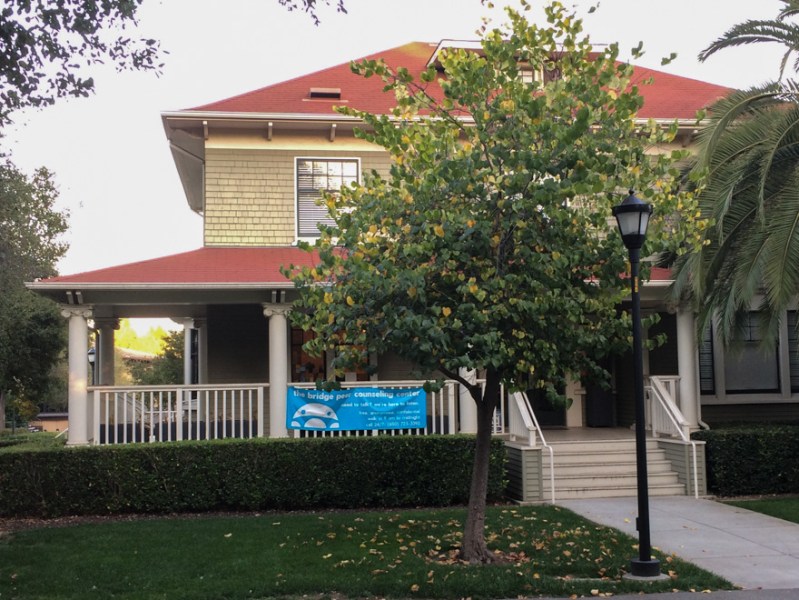Ambulance services will replace police in transporting “most” students to an emergency room who are on a 5150 hold, according to a Tuesday Student Affairs message. The holds allow an individual to be voluntarily or involuntarily detained for a 72-hour psychiatric evaluation if they are identified as a threat to themselves or others.
The Stanford University Department of Public Safety (SUDPS) will continue to respond to 5150 calls, the University wrote, and the message did not specify when SUDPS will still transport students.
Previously, SUDPS would transport students to the emergency room after they were evaluated by a police officer or certain mental health and medical professionals, who are the only people who can place an individual on a 5150 hold, according to California law.
University spokespeople did not immediately respond to requests for comment.
Moving forward, the Palo Alto Fire Department will generally provide the ambulance transports, according to the message, which was signed by Vice Provost for Student Affairs Susie Brubaker-Cole and Counseling and Psychological Services Director Bina Pulkit Patel.
The ambulance transport will come with a fee, but Brubaker-Cole and Patel wrote that in most cases, students’ health insurance will cover the fee, with out-of-pocket fees, required premiums or co-pay charges still applying.
Brubaker-Cole and Patel wrote that they do not want fees to deter students from seeking care or calling for assistance on behalf of students needing care.
“Please know that we will work with students who have serious financial concerns so that the ambulance payment is not a deterrent to receiving care,” the two wrote.
Second-year communication Ph.D. student Angela Lee, who has staffed at The Bridge Peer Counseling Center since 2016 and now serves as a graduate student outreach coordinator, said she was worried about the potential of ambulance fees not covered by insurance, but said moving away from police involvement is “a step in the right direction.”
Lee, who spoke in a private capacity, said that police involvement can sometimes escalate the trauma of 5150 holds and can make students feel like they are being punished.
“There’s no such thing as an ‘ideal’ case for something as traumatic as an involuntary hospitalization,” Lee said. “What we can do and needs to be prioritized, however, is as much harm reduction as possible and making sure students feel supported instead of criminalized.”
The University is further evaluating additional alternatives, like a “multi-disciplinary mobile crisis team,” to respond to student mental health concerns, according to the message.
